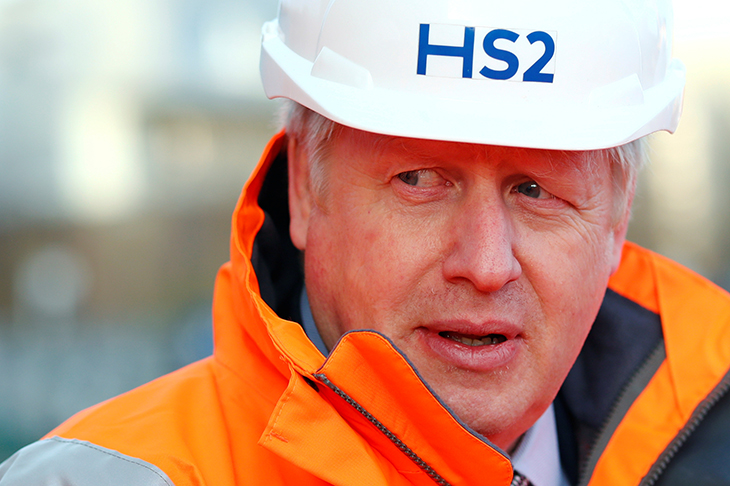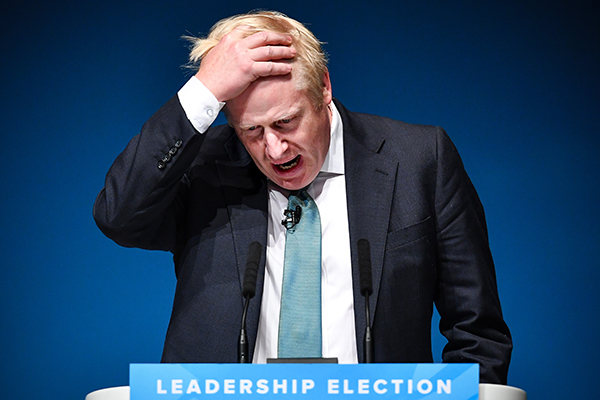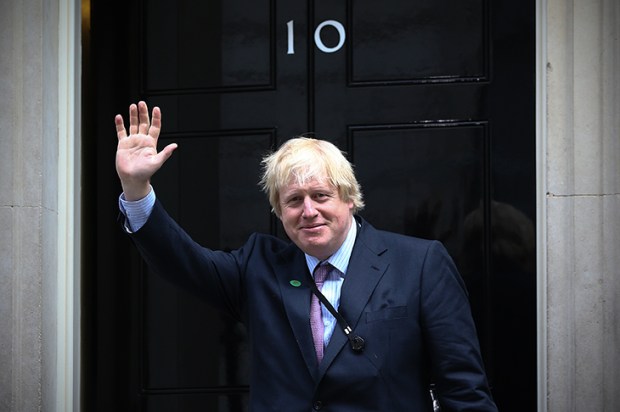‘The clock is ticking.’ It is surely only a matter of time before Michel Barnier returns to his notorious catchphrase from the Brexit talks. The EU’s chief negotiator is already warning that if a trade deal cannot be agreed ‘within the constraints of the time limits imposed by the British PM’, then there will be ‘consequences’ as the UK and EU will end up trading on World Trade Organization terms.
Already a subscriber? Log in
Subscribe for just $2 a week
Try a month of The Spectator Australia absolutely free and without commitment. Not only that but – if you choose to continue – you’ll pay just $2 a week for your first year.
- Unlimited access to spectator.com.au and app
- The weekly edition on the Spectator Australia app
- Spectator podcasts and newsletters
- Full access to spectator.co.uk
Or
Unlock this article
Spectator.co.uk/SHOTS
The latest analysis from Westminster.
You might disagree with half of it, but you’ll enjoy reading all of it. Try your first month for free, then just $2 a week for the remainder of your first year.














Comments
Don't miss out
Join the conversation with other Spectator Australia readers. Subscribe to leave a comment.
SUBSCRIBEAlready a subscriber? Log in